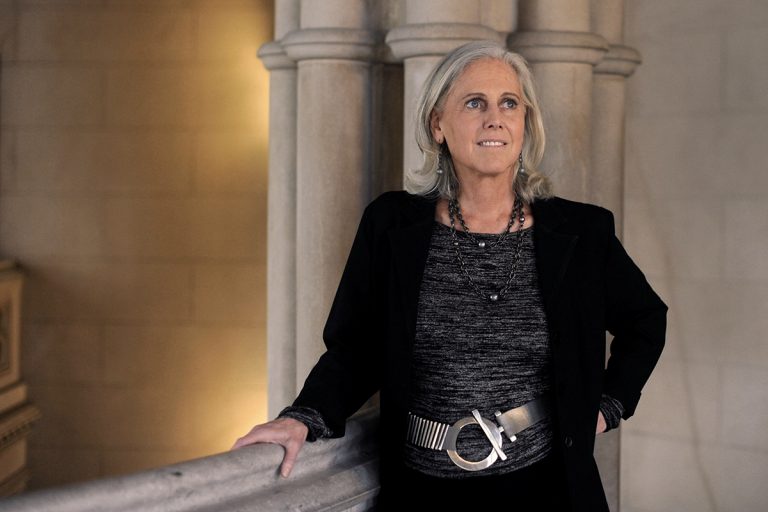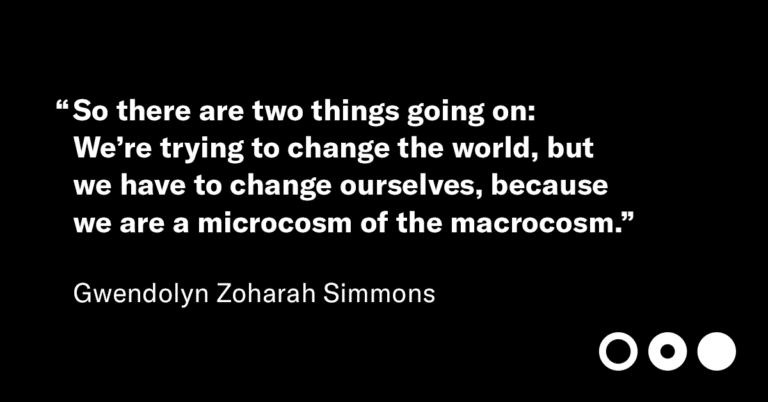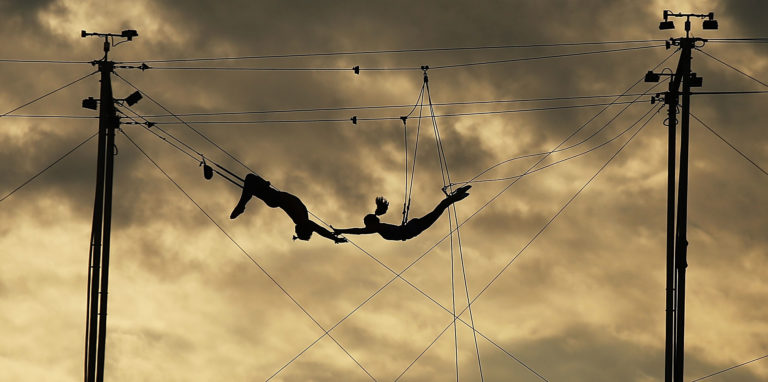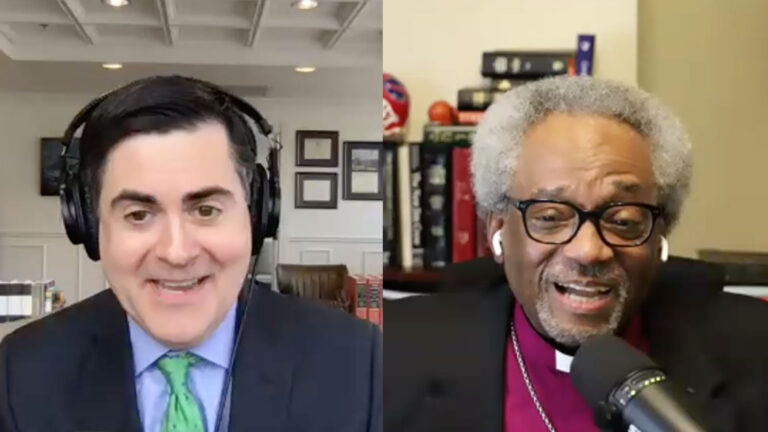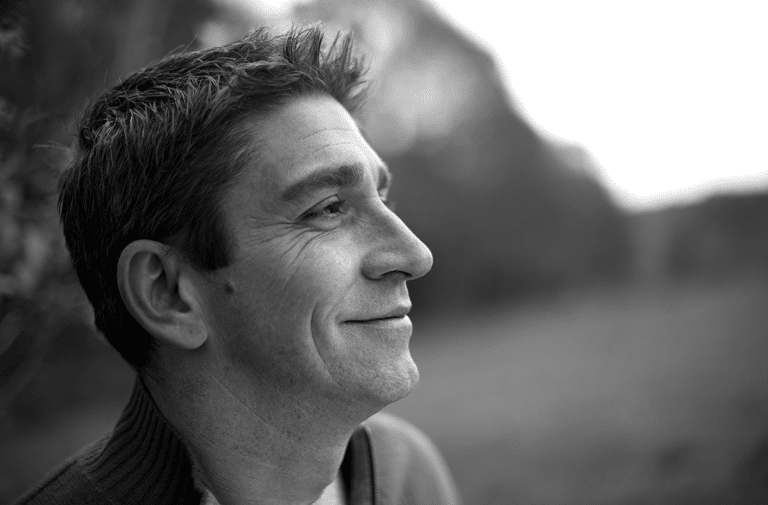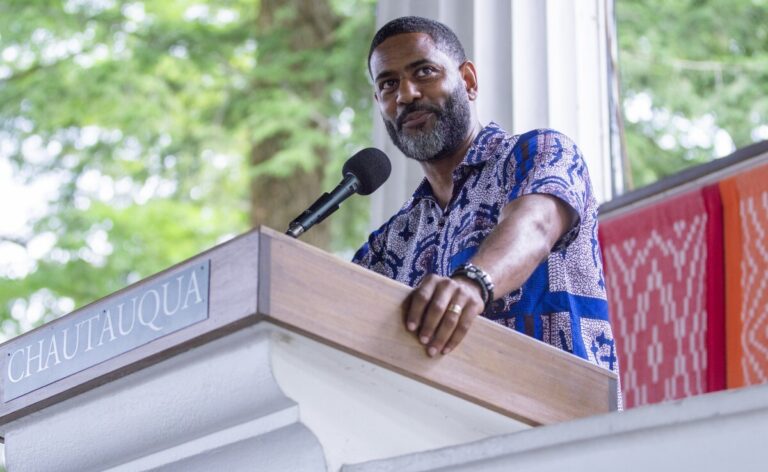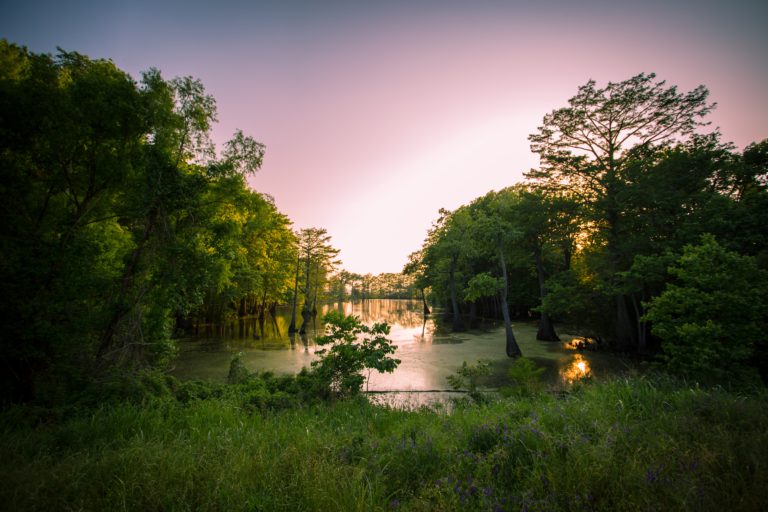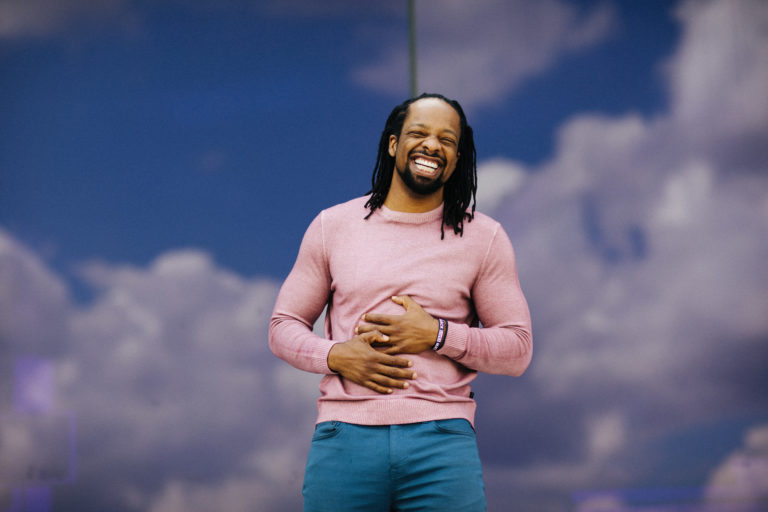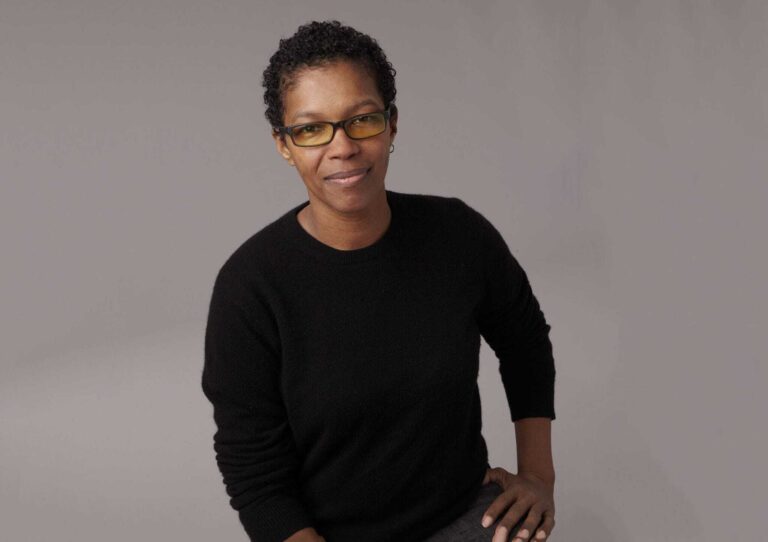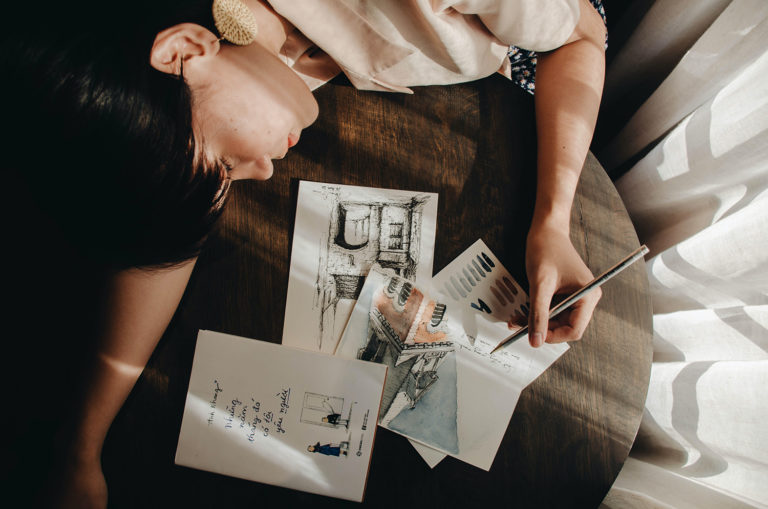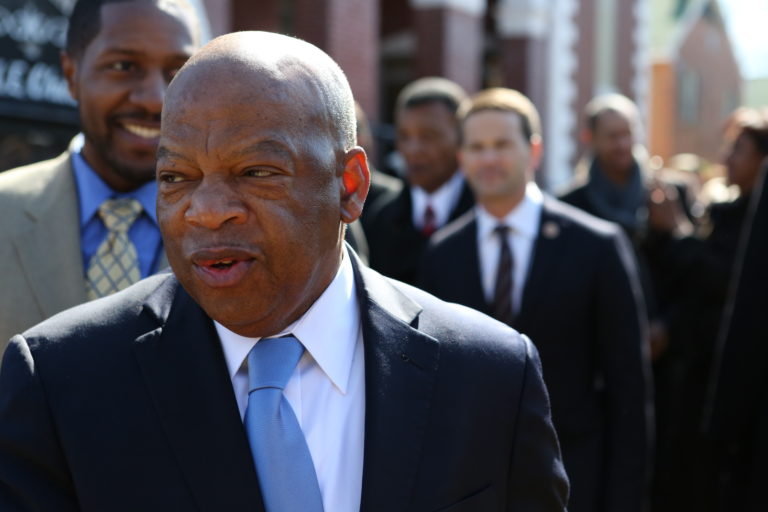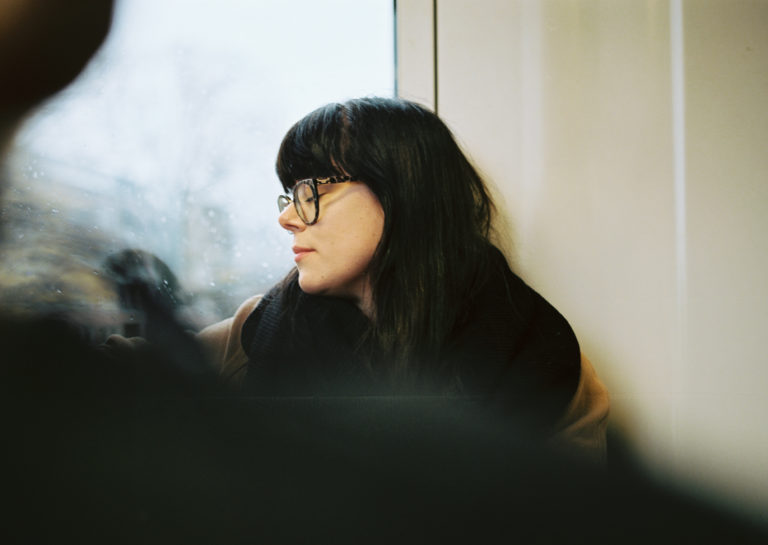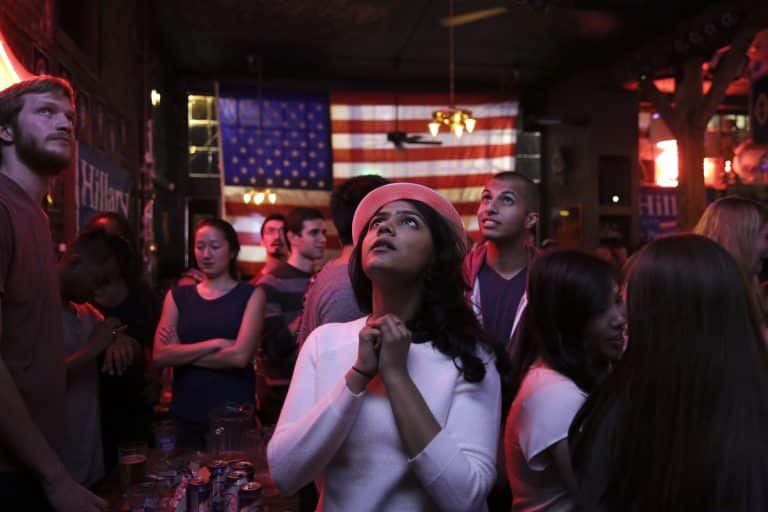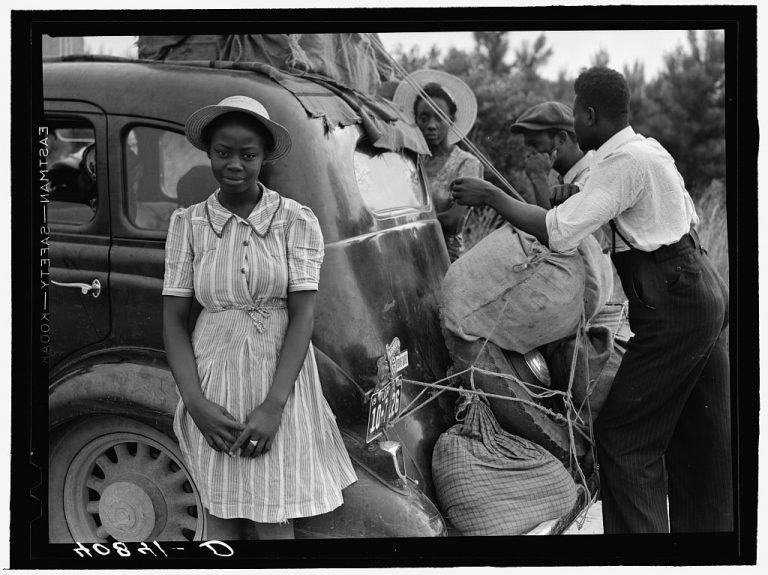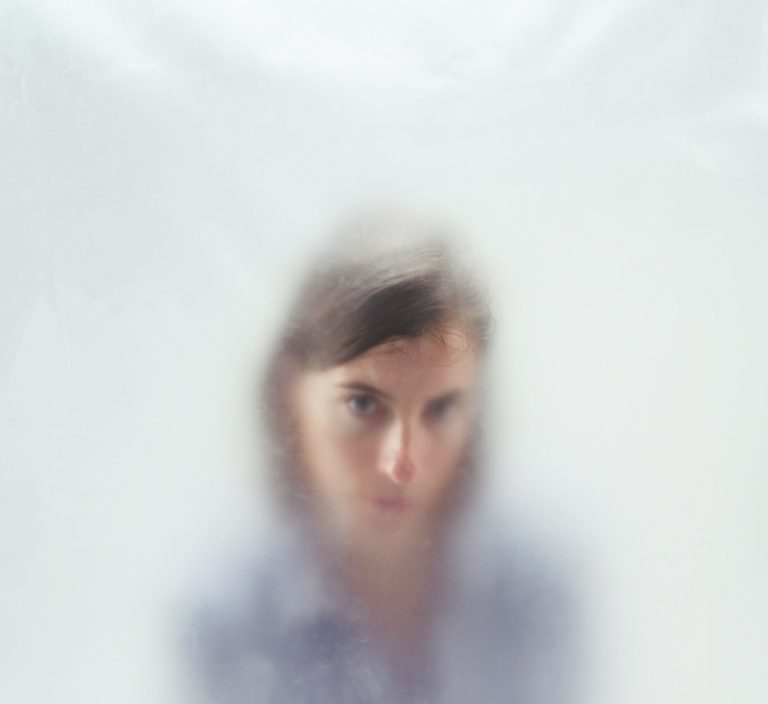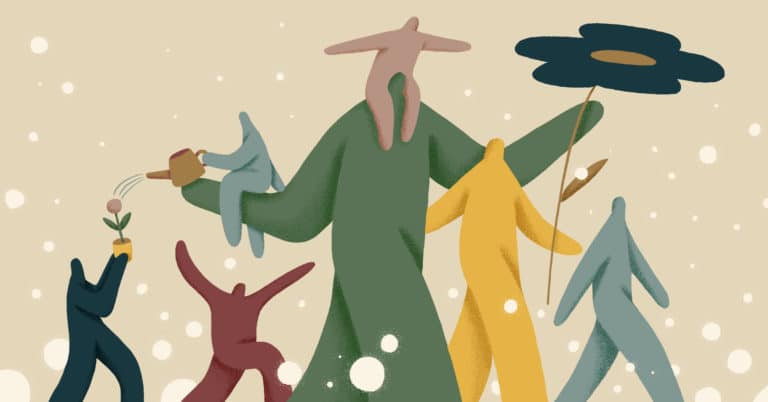April 1, 2021
Serene Jones
Grace in a Fractured World
The glory that coexists in human life right alongside our weird propensity to choose what is not good for us; the difference between a place of sheer loss and a sacred space for mourning; grace as something muscular amidst the muck and mess of reality. These are some of the places of musing, sweeping perspective, and raw wisdom a conversation with Serene Jones takes us. And after hearing this, you’ll never think in the same way again about Woody Guthrie, or John Calvin, or what a Christian upbringing in Oklahoma might be.
